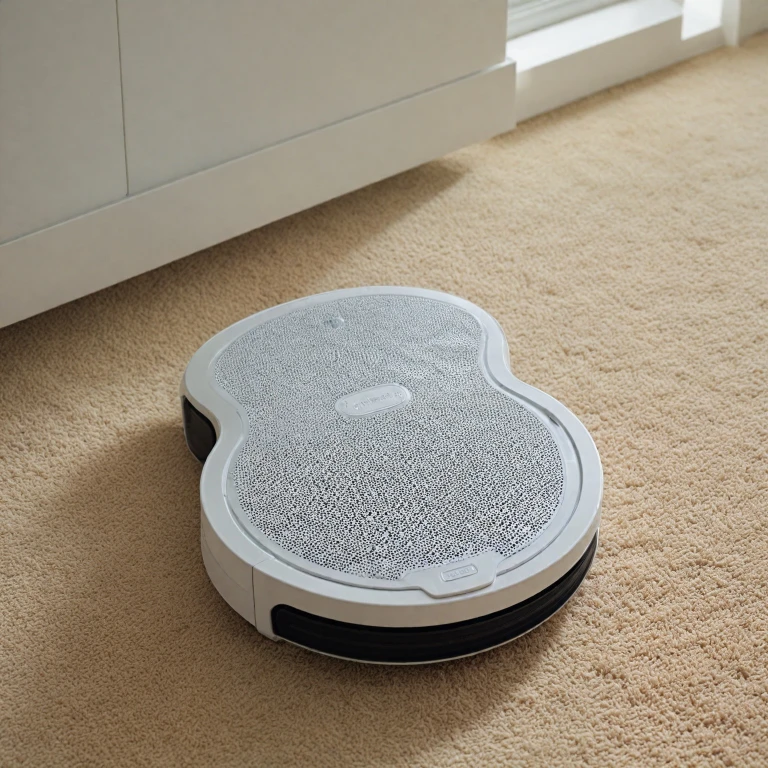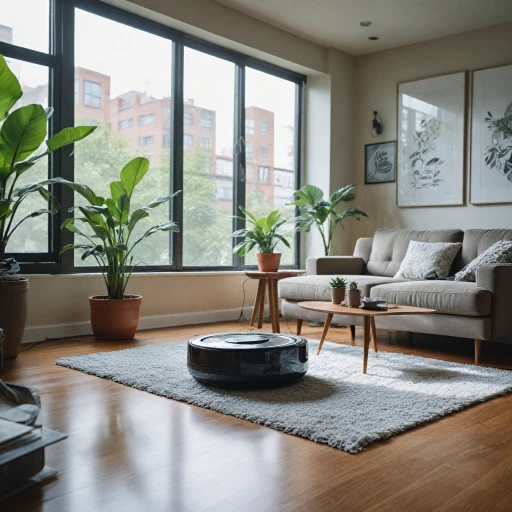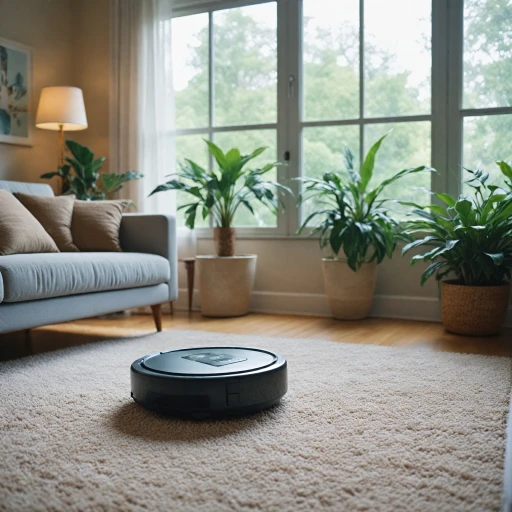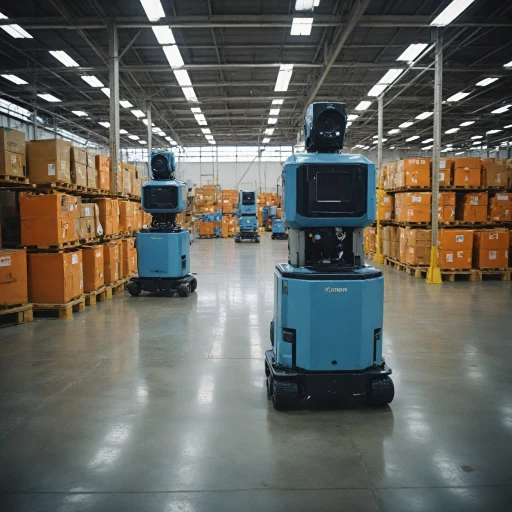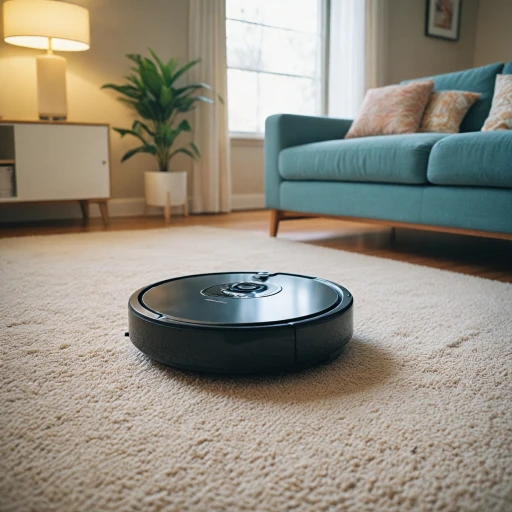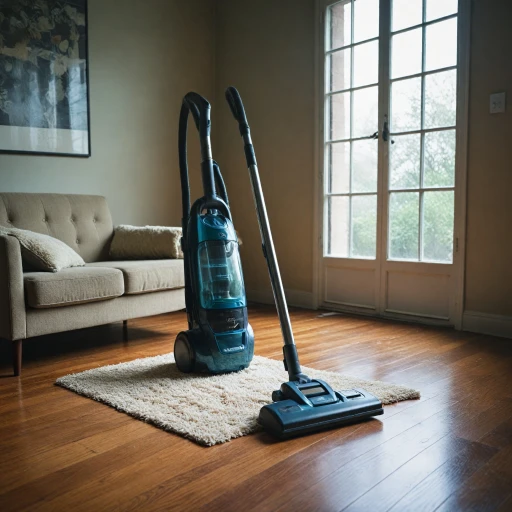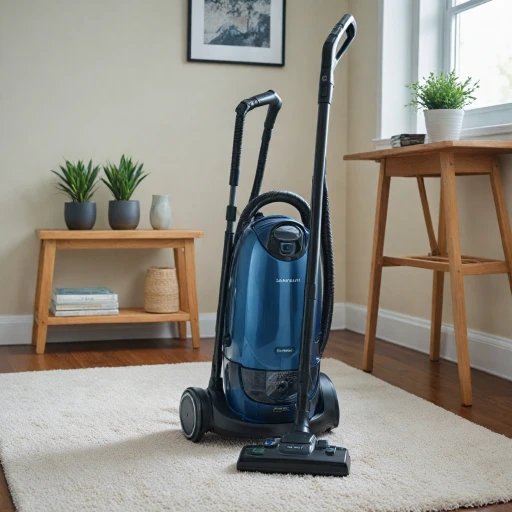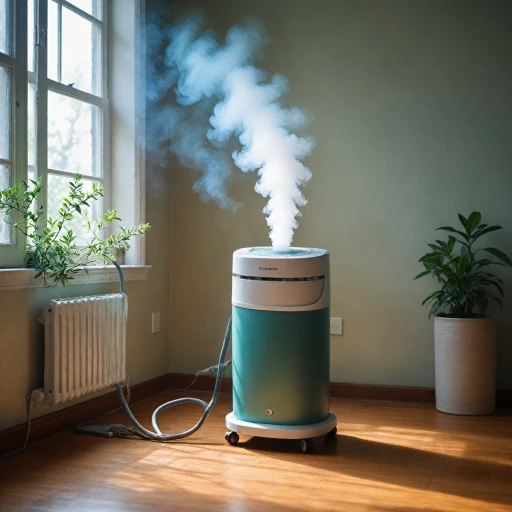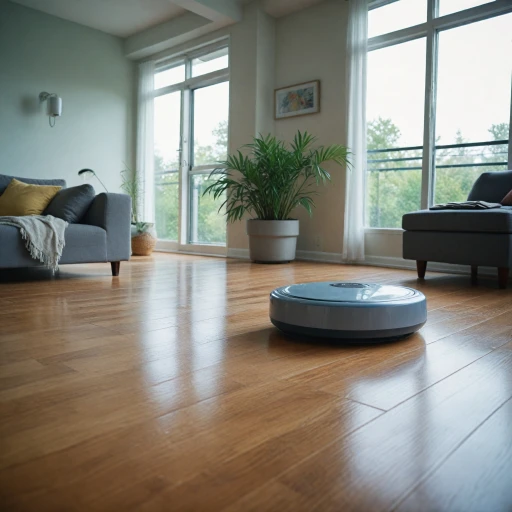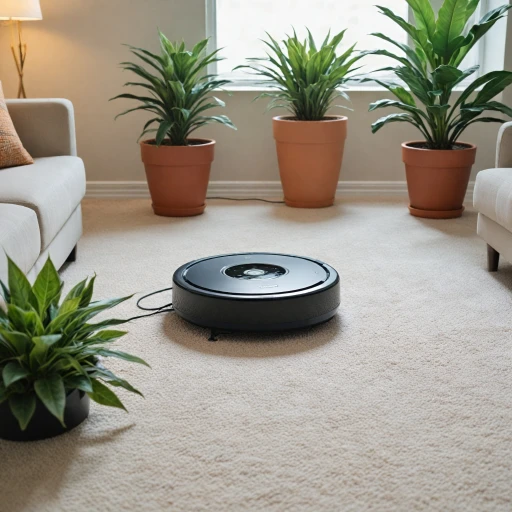
What is an H13 HEPA Filter?
Decoding H13 HEPA Filters: A Key Component for Clean Air
In the world of air filtration, not all filters are created equal. The H13 HEPA filter stands out as one of the most effective tools for capturing airborne particles and improving our indoor air quality. But what exactly is an H13 HEPA filter, and why is it important in robot vacuums? H13 HEPA filters are often referred to as "true HEPA filters." They meet the stringent efficiency standards required to filter out 99.95% of particles that are 0.3 microns in size or larger. This medical grade filtration system makes them incredibly efficient at trapping pollen, dust, pet dander, and various other airborne particles, significantly enhancing the air quality. The high efficiency of H13 HEPA filters is due to their dense fiber composition. This structure can purify high volumes of indoor air by maintaining a steady air flow while minimizing the escape of pollutants. Being compatible with various air purifiers, these filters not only serve as excellent air purifiers themselves but also support other cleaning systems. The role of H13 HEPA filters in robotic vacuums stretches beyond standard air purification. By effectively capturing fine particles, these filters enhance the performance of the vacuum cleaner, contributing to clean air and a cleaner home environment. While H13 filters indeed offer substantial benefits, they do require regular maintenance and timely replacement to sustain their efficiency. Staying informed about the correct replacement filter and its availability at a regular price will ensure that your vacuum continues to deliver optimal air filtration. Understanding the importance of H13 HEPA filters is crucial for making informed decisions when choosing a robot vacuum for your home. Whether you're combating allergens, improving overall air quality, or looking to maintain a clean living space, these filters play an indispensable role in achieving your goals.How H13 HEPA Filters Improve Air Quality
Enhancing Indoor Air Quality with H13 HEPA Filters
H13 HEPA filters play a pivotal role in improving indoor air quality by effectively trapping and removing a significant range of airborne particles. These filters are classified as medical grade, meaning they offer a high level of efficiency in air filtration systems.
By integrating a true HEPA filter like the H13 category in a robot vacuum, the device becomes more than just a floor cleaner; it acts as a mobile air purifier. This is particularly crucial in homes where air quality is a concern. The filter’s capability to capture particles as small as 0.3 microns ensures that microscopic materials such as dust, pollen, and pet dander do not remain lurking in your indoor environment, providing cleaner air.
The efficiency of such filters is essential for individuals with allergies or asthma, as the true hepa filter improves air flow without compromising on performance. Implementing an H13 HEPA filter in a robot vacuum highlights its capacity to address both surface cleanliness and airborne particles, ensuring that the air volume within a home is maintained to high purity standards.
For pet owners, robot vacuums with HEPA filters can be particularly beneficial. Why settle for just removing pet hair when you can also enhance your home's air quality? Indeed, such vacuums can appeal to everyone at home – even pets, as they sometimes amusingly enjoy riding these cleaners. You can explore more on this quirky relationship between pets and robot vacuums at why cats love riding robot vacuum cleaners.
While these filters substantially improve indoor air, it’s essential to consider routine replacement to maintain their efficiency. Regular price checks and timely updates on replacement filters will ensure your home benefits from continuous clean air.
Comparing H13 HEPA Filters with Other Filter Types
Evaluating Filtration Efficiency Among Different Filters
In the realm of air purification, not all filters are created equal. Understanding the differences between various filter types can help in selecting the right robot vacuum for optimal indoor air quality. H13 HEPA filters stand out due to their high efficiency in capturing particles microns in size, ensuring clean air. These true HEPA filters are designed to trap at least 99.95% of airborne particles, making them invaluable for high volume air flow systems.
On the other hand, standard HEPA filters offer respectable filtration, yet they might not match the stringent medical grade standards of H13 HEPA filters. They tend to remove a lower percentage of particles, which could affect overall air quality and efficiency. Additionally, non-HEPA air purifiers often use basic filters that only capture larger particles, compromising the filtration of smaller, harmful particles.
One crucial aspect to consider is the compatibility of these systems with frequent filter replacements. H13 HEPA filters typically have a higher price point due to their advanced filtration capabilities. However, their superior performance justifies the investment, offering clean air and improved indoor air quality.
The Role of H13 HEPA Filters in Robot Vacuum Performance
The Impact of H13 HEPA Filters on Robotic Performance
Integrating H13 HEPA filters into robot vacuums significantly enhances their performance and effectiveness in maintaining indoor air quality. These filters, known for their superior air filtration capability, remove a high percentage of airborne particles, including those as small as particles microns. One of the standout features of H13 HEPA filters is their medical-grade quality. This high-grade filtration is essential in systems that aim to provide clean air by capturing minuscule particles that other filters might miss. As such, when a robot vacuum is equipped with an H13 HEPA filter, it becomes more than just a cleaner; it turns into a true air purifier, a crucial component, especially in homes with pets or allergy sufferers. The efficiency of an H13 HEPA filter directly correlates with how well a robot vacuum can perform its cleaning tasks. Enhanced air flow within the vacuum system results in higher filtration efficiency, ensuring that the vacuum can clean and purify simultaneously. As the air filter removes contaminants, maintaining high indoor air quality becomes a seamless process. Moreover, the H13 HEPA filter's performance role is amplified when considering its compatibility with various air purifier models. Ensuring the replacement filter is compatible and easy to replace guarantees sustained optimal performance of the vacuum. Regularly replacing these filters, which are obtainable at a reasonable price, helps preserve clean air and maintains the vacuum's longevity. Understanding the role and benefits of an H13 HEPA filter in robot vacuums helps users appreciate not just the immediate cleaning benefits but also the long-term advantages of investing in a high-quality air filtration system. This knowledge should guide potential buyers in choosing vacuums that promise both efficient cleaning and improved air quality.Maintenance Tips for H13 HEPA Filters in Robot Vacuums
Effective Upkeep for Optimal Performance
To maintain the efficiency of your robot vacuum's air purification system, regular maintenance of H13 HEPA filters is essential. These medical-grade filters are designed to capture high volumes of airborne particles, including those as small as 0.3 microns, optimizing both air quality and vacuum performance.
Here's how you can ensure your HEPA air filters remain in top condition:
- Routinely Check the Filters: With frequent use, H13 HEPA filters may become clogged with dust and debris, reducing air flow and filtration efficiency. Regular inspections will help you assess when a replacement filter is necessary to maintain clean air output.
- Follow the Manual: Most manufacturers provide specific guidelines on maintaining indoor air quality systems. Be sure to consult your robot vacuum manual for information on compatible filter replacements and maintenance schedules.
- Invest in Quality Replacements: Although the initial price may concern some users, investing in true HEPA replacements ensures your vacuum continues to filter true airborne particles, keeping indoor environments healthy.
- Understand Your Environment: Homes with pets or high activity might require more frequent filter changes due to increased volume of particles. Recognize the impact of your setting on the frequency of necessary maintenance.
By adhering to these maintenance tips, you'll ensure your robot vacuum remains a reliable purifier of indoor air, contributing to a healthier home environment.
Choosing the Right Robot Vacuum with an H13 HEPA Filter
Factors to Consider When Selecting a Robot Vacuum with H13 HEPA
Choosing a robot vacuum equipped with an H13 HEPA filter can significantly enhance your home's air purification system. It's crucial to bear in mind a few essential factors that can impact your final choice:- Filtration Efficiency: The presence of an H13 HEPA filter guarantees that the robot vacuum can trap airborne particles as small as 0.3 microns. This kind of true HEPA filtration is pivotal in ensuring high-grade indoor air quality by trapping allergens, dust, and other invisible pollutants.
- Air Flow and Volume: Ensure the vacuum is equipped to handle high air volume and flow. This determines the vacuum’s capacity to clean larger spaces effectively and ensures that the air purifier capabilities of the vacuum aren't compromised.
- Price and Value: Robot vacuums with HEPA-grade filters may come at a higher regular price, but the long-term benefits—such as enhanced air quality—can outweigh the initial cost. Consider what level of air filtration you are paying for.
- Replacement and Maintenance: Learn about the ease and frequency of filter replacement. Some models offer easy-access filter systems that promote quick and hassle-free replacements, ensuring the air cleaner stays at peak performance without significant downtime.
- Compatibility with Home Environment: Check if the robot vacuum fits seamlessly into your home's cleaning systems. Some models might be more compatible with specific flooring types or indoor settings, which can optimize the efficiency of your HEPA air filter.

